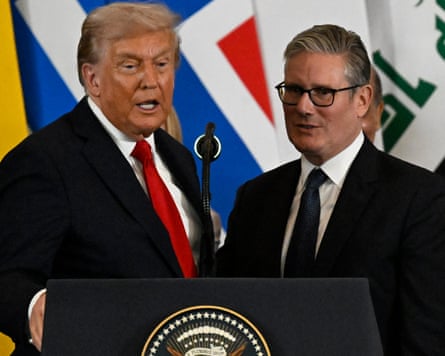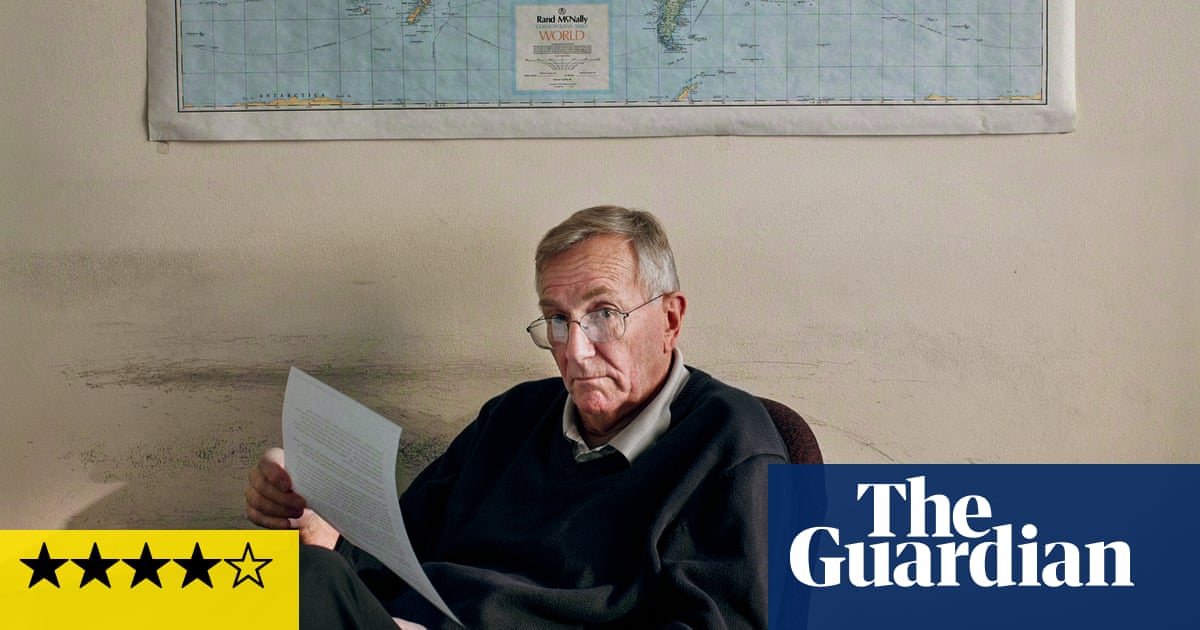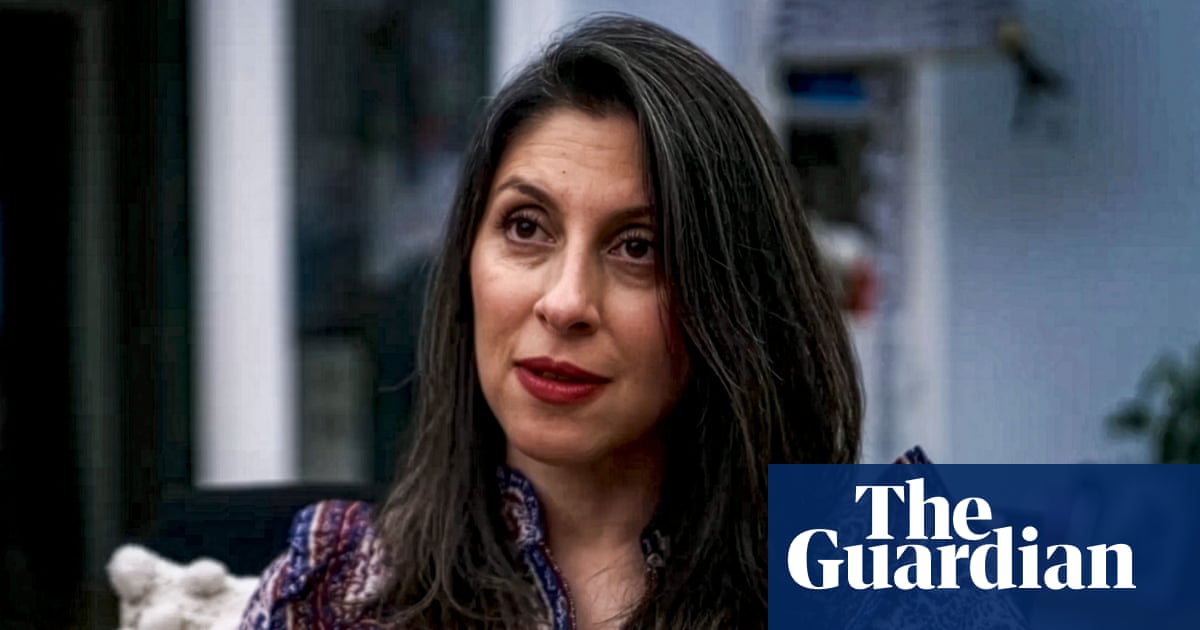In his book about working as Tony Blair’s chief of staff in No 10, Jonathan Powell warned of the danger leaders surrounding themselves with flatterers and yes-men.
He quoted the Italian philosopher of power Niccolò Machiavelli on how it was “one error into which princes … are apt to fall” because “men take such pleasure in their own concerns, and so deceive themselves with regard to them”.
Blair was largely unmoved by flattery, according to Powell. But Machiavelli’s lessons are no doubt useful to him in his new reincarnation as Keir Starmer’s national security adviser (NSA), where he regularly rubs shoulders with Donald Trump and leaders in the Gulf and far east.
Since his appointment – directly made by Starmer – less than a year ago, Powell has arguably become the most influential foreign policy figure in government. One insider said Powell was the “only person Starmer really trusts on foreign policy and he defers to him”.
That goes some way towards explaining why Starmer has moved to protect Powell from the barrage of political criticism he has faced over the collapse of the trial of two British men, including a former parliamentary researcher, accused of spying for Beijing.
Powell attended a meeting of senior Whitehall figures in September to discuss the implications of the trial days before it was abandoned. Downing Street has strongly denied claims that Powell had any hand in shaping the government evidence which prosecutors said was the reason the charges had to be pulled.
Dan Jarvis, the security minister, was dispatched to the Commons to issue a robust defence of Powell on Monday – which inadvertently landed his deputy Matt Collins in hot water. Insiders say the prime minister is loath to lose his most trusted foreign policy aide. A senior government source said Powell was “by the PM’s side in all pivotal international moments”.
Those who have worked with him over the years describe Powell as highly intelligent and considered, with the relaxed manner of a person who has seen and done it all before. A former diplomat who has attended meetings with him described him as “much more weighty than the curly mop hair-do might imply”.
Asked about what issues he has most focused on, government advisers cite the wars in Ukraine and Gaza, as well as building relations with the US and talks with China.
It is a remarkably broad foreign policy portfolio for someone whose job description is to advise the prime minister on national security matters. In practice he is also Starmer’s main foreign policy adviser, filling a role once held by John Bew, and his chief envoy abroad.

Steve Witkoff, Trump’s envoy to the Middle East, singled out Powell’s “incredible input and tireless efforts” in bringing about the ceasefire in Gaza this week. He and Powell spoke almost daily over the summer in the lead-up to the Gaza peace plan being unveiled. Observers have noted the similarities it bears with the Good Friday agreement, which Powell helped negotiate while he worked for Blair.
Over the past year, he has also been credited with helping navigate the response to the extraordinary public fallout between Trump and Volodymyr Zelenskyy in the Oval Office last year, and drawing up a Ukraine ceasefire proposal in its wake. During the summer, he travelled to China for high-level meetings including with Wang Yi, China’s foreign affairs minister, who would not routinely meet an official.
It is perhaps unsurprising that some fear Powell is overloaded with responsibilities. Downing Street appears to recognise this and has appointed Barbara Woodward, a former UK ambassador to the UN and to China, to deputise for Powell. She will take up the role at permanent secretary level and fulfil some of the functions he is carrying out. “There is so much going on that I think it will be a great help,” a government source said. “He’s always travelling back and forth,” said another.
Unusually for an NSA, Powell is a politically appointed special adviser rather than a civil servant. Another government source said because of this, Powell was seen in the US as “the dean of the European NSAs”. Compared with his counterparts, they said, “he has more leeway to federate opinion and bring people together”.
They added that where it often feels like Whitehall and the Foreign Office are hermetically sealed, Powell “has an extraordinary network of external experts, young and old, and is constantly taking meetings with them”.
Critics, however, argue that his role as a special adviser has been used to avoid parliamentary scrutiny – until recently, ministers have rebuffed repeated requests for Powell to be quizzed by MPs and peers.
Notably in his book, Powell wrote that it was “desirable that No 10 staff should not be directly answerable to parliament” on the basis that “public sparring should be left to elected politicians rather than courtiers”. Ministers have arrived at a compromise that will see him appear before a closed-doors select committee hearing next month.
He has also come under fire for his perceived doveishness on China and the controversial handover deal he negotiated last year to cede sovereignty over the Chagos Islands to Mauritius. There are questions over the extent to which he takes direction from Starmer and Yvette Cooper, the foreign secretary, or shapes policy himself. Asked how he has handled the criticism, the senior government source described him as “unflappable”.
“Some backroom boys aren’t satisfied with remaining in the backroom … and want to go on stage in their own right,” Powell wrote in his memoir, adding: “It is usually a mistake to make the transition.” It will not be the first time Powell has found that where the spotlight falls is not always something he can control.

.png) 1 month ago
38
1 month ago
38

















































